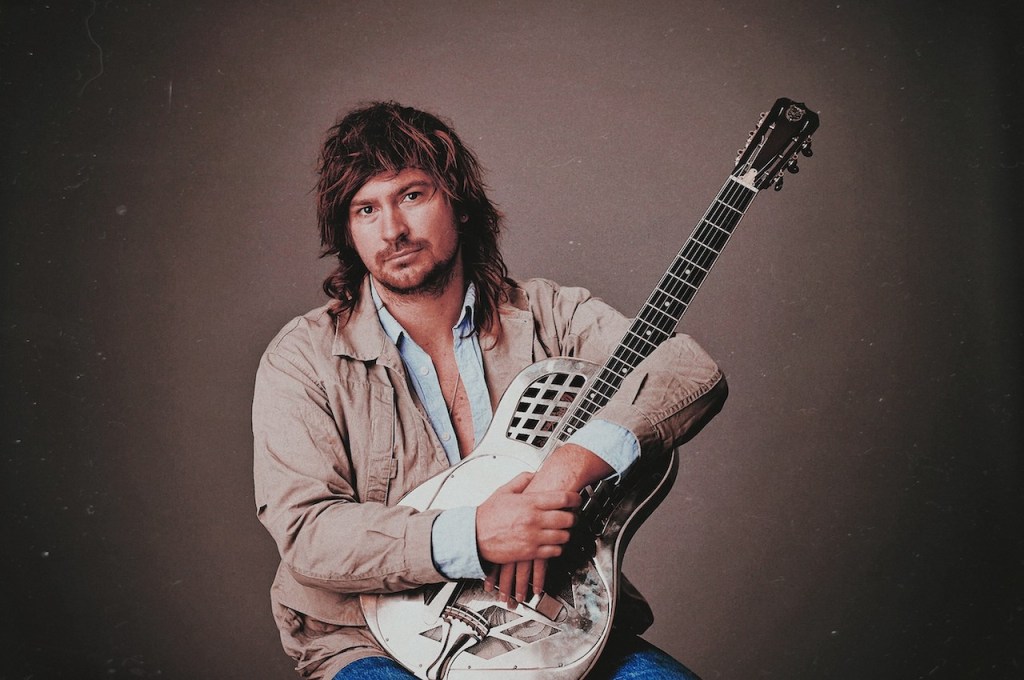CONTENT WARNING: The following article discusses mental health and depression.
Y.O.G.A. is a new music project from Reuben Styles. In Peking Duk, his songs frequently explore ideas of freedom and the feeling of breaking loose. Y.O.G.A., short for “You’re Only Great Always”, does the same. But with a very important twist.
Here Reuben seeks to disrupt the stigma Australian culture places upon mental…












